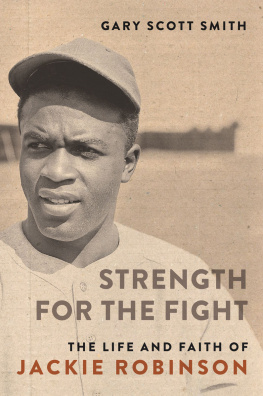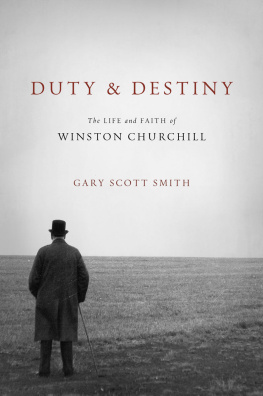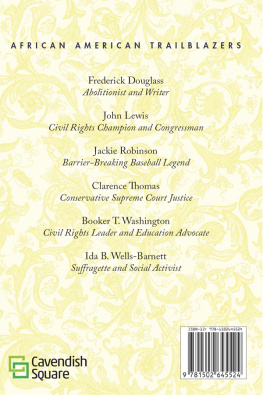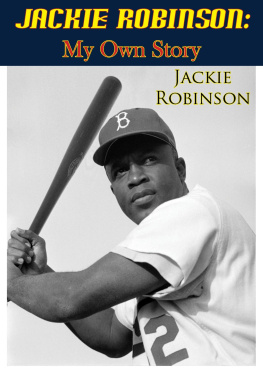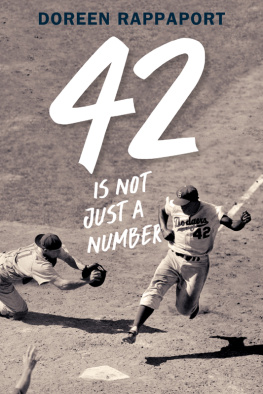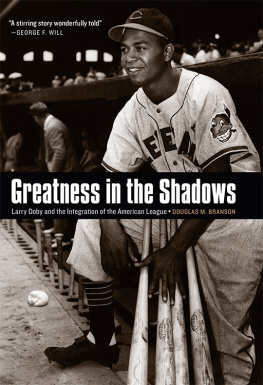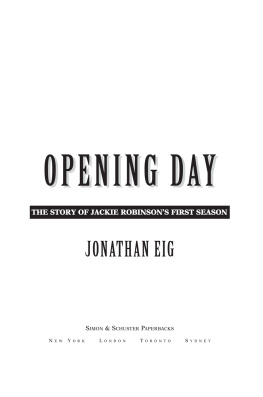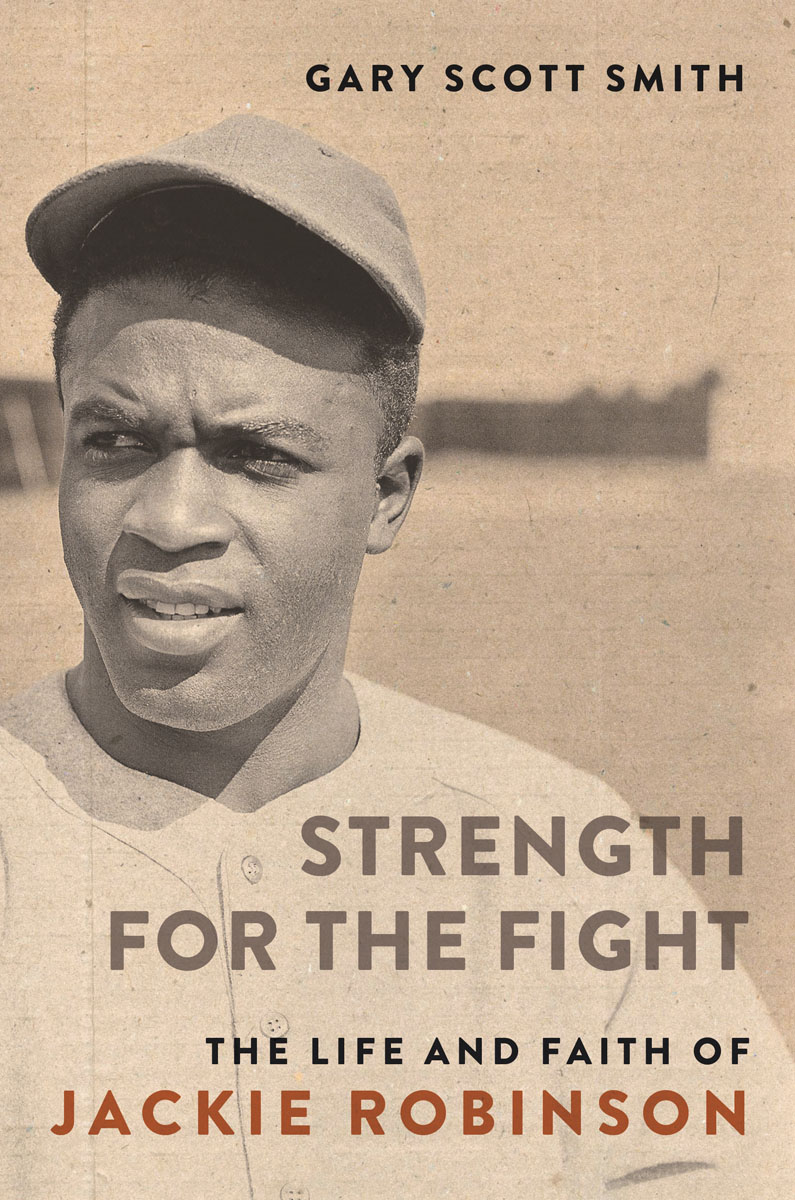

LIBRARY OF RELIGIOUS BIOGRAPHY
Mark A. Noll, Kathryn Gin Lum, and Heath W. Carter, series editors
Long overlooked by historians, religion has emerged in recent years as a key factor in understanding the past. From politics to popular culture, from social struggles to the rhythms of family life, religion shapes every story. Religious biographies open a window to the sometimes surprising influence of religion on the lives of influential people and the worlds they inhabited.
The Library of Religious Biography is a series that brings to life important figures in United States history and beyond. Grounded in careful research, these volumes link the lives of their subjects to the broader cultural contexts and religious issues that surrounded them. The authors are respected historians and recognized authorities in the historical period in which their subject lived and worked.
Marked by careful scholarship yet free of academic jargon, the books in this series are well-written narratives meant to be read and enjoyed as well as studied.
Titles include:
Her Heart Can See: The Life and Hymns ofFanny J. Crosby
by Edith L. Blumhofer
The Religious Journey ofDwight D. Eisenhower: Duty, God, and Country
by Jack M. Holl
One Soul at a Time: The Story ofBilly Graham
by Grant Wacker
Thomas Mertonand the Monastic Vision
by Lawrence S. Cunningham
Howard Thurmanand the Disinherited: A Religious Biography
by Paul Harvey
For a complete list of published volumes, see the back of this volume.
Wm. B. Eerdmans Publishing Co.
4035 Park East Court SE, Grand Rapids, Michigan 49546
www.eerdmans.com
2022 Gary Scott Smith
All rights reserved
Published 2022
Printed in the United States of America
28 27 26 25 24 23 22 1 2 3 4 5 6 7
ISBN 978-0-8028-7942-4
Library of Congress Cataloging-in-Publication Data
Names: Smith, Gary Scott, 1950author.
Title: Strength for the fight : the life and faith of Jackie Robinson / Gary Scott Smith.
Description: Grand Rapids, Michigan : William B. Eerdmans Publishing Company, 2022. | Series: Library of religious biography | Includes bibliographical references and index. | Summary: A religious biography of Jackie Robinson that describes how his faith sustained him during his struggle to integrate Major League Baseball and later throughout his civil rights activismProvided by publisher.
Identifiers: LCCN 2022001188 | ISBN 9780802879424 (hardcover)
Subjects: LCSH: Robinson, Jackie, 19191972. | Robinson, Jackie, 19191972Religion. | Baseball playersUnited StatesBiography. | African American baseball playersBiography. | Christian biographyUnited States. | BISAC: BIOGRAPHY & AUTOBIOGRAPHY / Cultural, Ethnic & Regional / African American & Black | HISTORY / African American & Black
Classification: LCC GV865.R6 S636 2022 | DDC 796.357092 [B]dc23/eng/20220209
LC record available at https://lccn.loc.gov/2022001188
To the members of the 1962 Rockland Little League team:
Tom, Sam, Dave, Jim, Butch, Rolla, Tom, Chuck, Wayne, and Harry. Like Jackie Robinson, we were baseball pioneers.
Contents
Preface
B etween March and June 1947, three dramatic events changed the course of world historyHarry Truman proclaimed the doctrine that helped save Europe from communism, Congress adopted the Marshall Plan to restore Europes economy, and Jackie Robinson broke the racial barrier in Major League Baseball (MLB). It may seem strange to place the actions of a baseball player on the same level of significance as events on the grand stage of world politics. But understanding Jackie Robinsons life in the complete context of the United States noxious history of racism justifies the comparison.
Robinsons gripping story has been told many times. He himself wrote five books, and many biographers, most notably Arnold Rampersad, have described his trials, tribulations, and triumphs. Yet in popular American culture, Robinson is often portrayed as more a monument than a man, more a mythical figure than a human being. To grasp his significance, we must understand the toxic, systemic racism against which Robinson battled his entire life. To him, one irreducible truth transcended his remarkable Hall of Fame baseball career and makes his story much more than a tale of athletic prowess. As he declared in his 1972 autobiography, I was a black man in a white world. I never had it made.
Despite the many scholarly accounts of Robinsons athletic career and his important role in the expansion of American freedom, Robinsons Christian faith has received far less attention than it deserves. It played a significant role in Robinsons life and achievements, including the integration of MLB. Robinson talked openly about his faith in three of his autobiographies and more fully in an unpublished manuscript titled My Greatest Day. As he succinctly stated in 1952, my faith in God sustained me in my fight.
Robinsons style of faith was different from that of evangelical Protestants like Olympic decathlete Rafer Johnson, MLB pitcher Clayton Kershaw, or former National Football League quarterback Tim Tebow, all of whom accentuated their personal relationship with Jesus and exhorted others to commit their lives to Christ as their Savior and Lord. Although frequently acknowledging Gods assistance as he battled discrimination in baseball and the larger society, Robinson focused more on the Bibles teaching on social justice than on personal spirituality. Despite this difference, Robinsons faith was deep and meaningful and a powerful force in his life. It clearly played an integral role in shaping his worldview and convictions, which, in turn, undergirded his amazing transformative work as a black athlete and a civil rights activist.
To their credit, three authors have recently highlighted how Robinsons faith inspired him to embrace his excruciatingly difficult role as MLBs first African American player and supported him during his darkest moments. Their books published in 2017Michael G. Long and Chris Lambs Jackie Robinson: A Spiritual Biography; The Faith of a Boundary-Breaking Hero and Ed Henrys 42 Faith: The Rest of the Jackie Robinson Storyaccentuate Robinsons religious convictions. Long, a religious studies professor, and Lamb, a journalism professor, contend that Robinsons faith supplied him with inspiration and motivation, comfort and strength, wisdom and direction. They maintain that although his faith was deeply private, Robinson could not have accomplished what he did in baseball or civil rights without it. Many biographers of Branch Rickey, the Brooklyn Dodgers general manager who signed Robinson to a contract in 1945, discuss Rickeys strong Christian commitment and religious motives for integrating baseball, but they treat Robinsons faith as secondary.
This book reverses the priorities of most books about Robinson. It situates his faith and life journey, along with the story of the integration of MLB, within broader religious and sociopolitical contexts and in the context of the role of sports in American life more generally. Along with highlighting Robinsons faith, I argue that his breaking of the color barrier in baseball was such a pivotal event not only because of baseballs popularity and significance in American society but also because it helped inspire the civil rights movement of the 1950s and 1960s. I also feature Robinsons own exemplary activism. Both during his baseball career and after his retirement, he strove energetically to end racial discrimination in the United States and to improve the life circumstances and prospects of people of color. By denouncing discrimination in dozens of interviews and hundreds of articles and speeches, supporting numerous civil rights organizations, exhorting presidents to promote equal rights, campaigning for various politicians, creating businesses, and befriending civil rights leaders, Robinson used his platform to uplift all black Americans. Arguably, Robinson did more to benefit American society than any other baseball player and perhaps any other professional sports figure.
Next page
